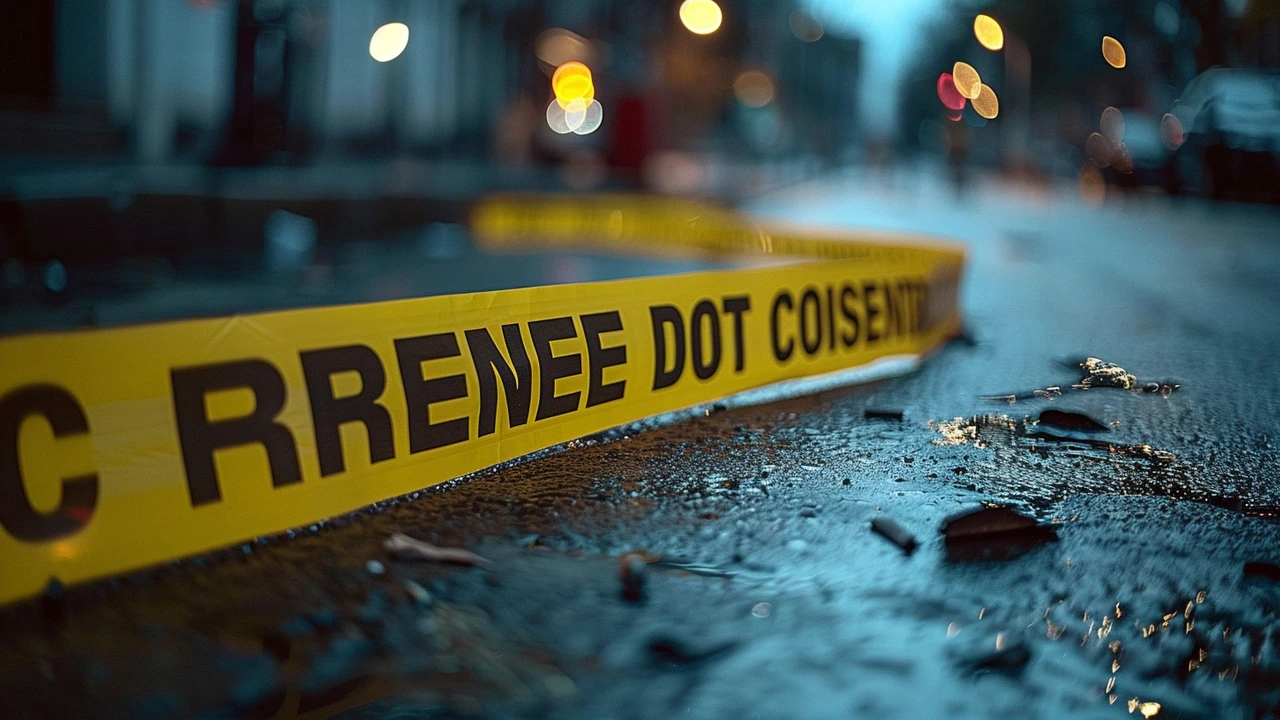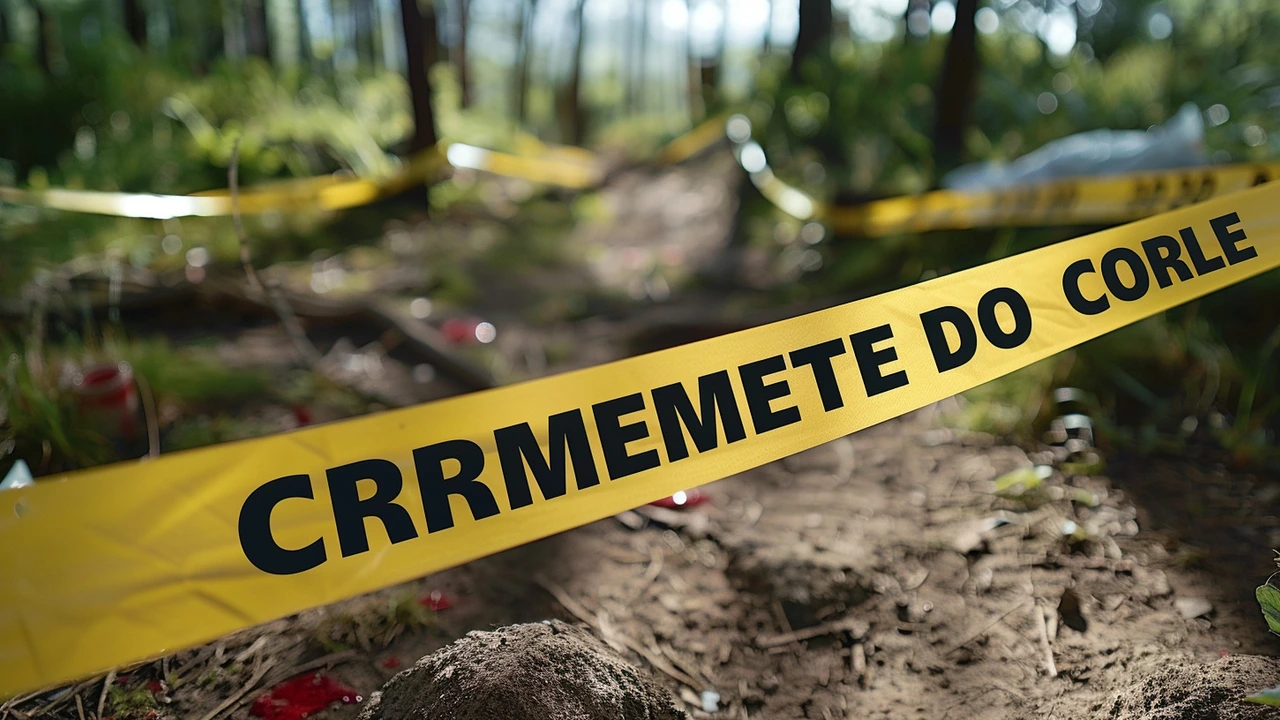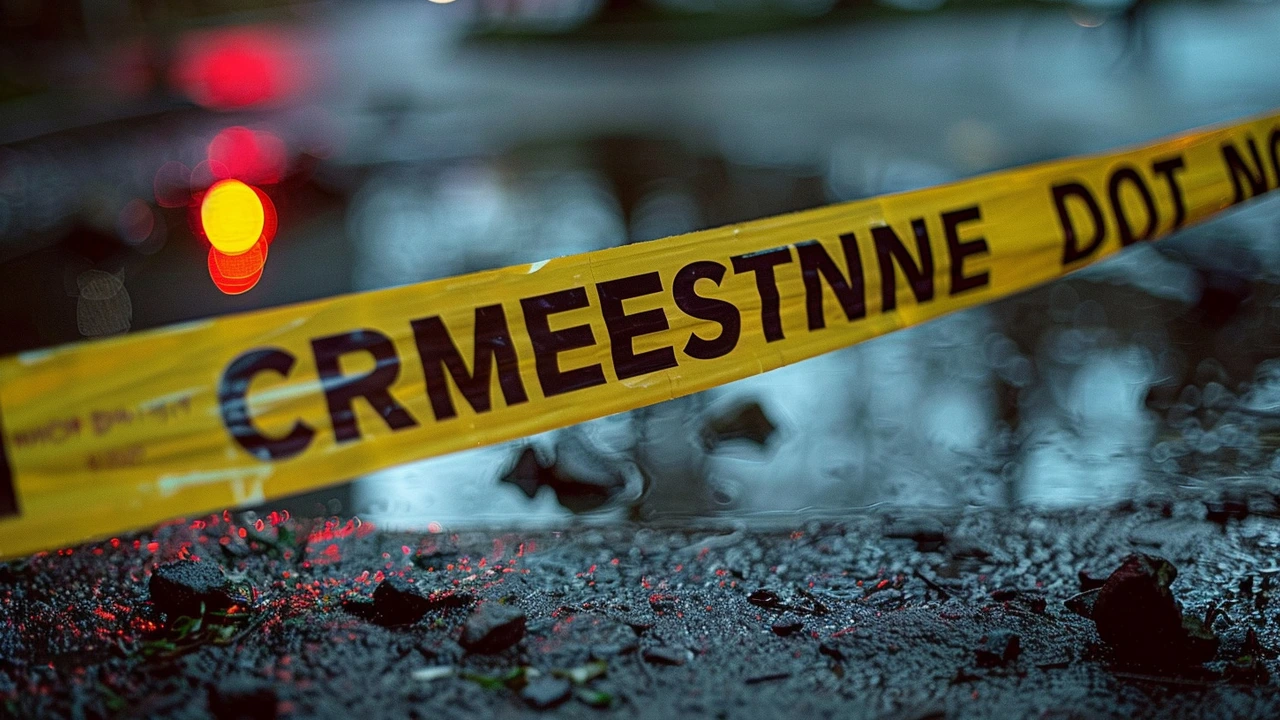Kenya's Githurai Mass Shooting: Chaos Erupts Amid Finance Bill Protests
The Eastern Africa Republic of Kenya was plunged into turmoil on Wednesday night as reports of a mass shooting incident from Githurai surfaced, sending ripples across social media and the nation. This episode of violence unfolded amid heightened tensions surrounding the recently passed Finance Bill 2024, a highly contentious piece of legislation that has sparked widespread debate and opposition.
According to local accounts, the confrontation began when city police clashed with anti-finance bill protesters, who had gathered to voice their discontent over what many perceive as an unaffordable tax regime. The ensuing shootout, which reportedly began in the bustling district of Githurai before spreading to nearby Juja, was captured in several videos that quickly went viral on social media platforms. The authenticity of these videos, however, remains unconfirmed by authorities, leaving a cloud of uncertainty over the exact sequence of events.
Ground Reports and Social Media Storm
Eyewitnesses took to social media to narrate their harrowing experiences. One user described a 'massive shootout' engulfing Githurai, while another desperately called for assistance amidst the chaos. These personal accounts highlighted the sheer terror and confusion that gripped residents as gunfire echoed through the streets. A prominent journalist added to the chorus of alarms, reporting gunshots in Juja and raising concerns about the escalating violence.
The unrest is a direct reaction to the Finance Bill 2024, which critics argue will impose an unsustainable tax burden on the populace. Passage of this bill has not only ignited financial fears but has also manifested in physical confrontations, drawing out deeper issues of economic disparity and government accountability.

Protests and Parliamentary Drama
The seeds of conflict were sown earlier in the week, when demonstrators stormed a section of the Kenyan Parliament on Tuesday. Furious at the passing of the Finance Bill, which swaths of the population believe will devastate their livelihoods, protesters breached parliamentary security in a dramatic showcase of dissent. Their actions underscored the depth of frustration and desperation felt by many Kenyans, who see the bill as a direct threat to their economic survival.
Despite these protests, the government has remained steadfast. Officials argue that the bill is a necessary step for economic reform, intended to boost revenue and spur development through enhanced fiscal policies. They insist that the benefits, including improved infrastructure and social services, will outweigh the immediate financial strain. However, many citizens remain unconvinced, fearful of the increased cost of living and potential job losses that could follow.
Unverified Footage and Public Reactions
The videos circulating online show scenes of apparent chaos: flashing lights, the rapid firing of guns, and people scrambling for cover. Although the grainy, shaky clips have not been verified, they have fanned the flames of public outrage and speculation. What remains inarguable, though, is the palpable anxiety and fear that has now gripped communities in Githurai and Juja.
Kenya’s social media landscape has been inundated with posts ranging from calls for peace and demands for justice to outright condemnation of the police's actions. The digital divide has witnessed a new dimension of civic engagement, where ordinary citizens leverage technology to voice their experiences and emotions in real-time. This burst of online activity also serves as a digital repository of collective memory, capturing a moment of significant social upheaval.

Government and Police Response
As of now, the Kenyan authorities have been relatively quiet on the specifics of the incident. The police have acknowledged the occurrence of unrest but have not provided concrete details or confirmed the authenticity of the social media videos. This silence has left a vacuum that has been filled by rumors and inflammatory narratives, further complicating an already tense situation.
Government spokespeople have urged for calm, calling for measured responses and vowing to investigate the incident thoroughly. They have reassured the public of their commitment to maintaining order and protecting citizens' rights to peaceful protest. However, such assurances have done little to soothe the raw nerves and agitation witnessed on the ground.
The Way Forward
The mass shooting incident in Githurai is symptomatic of larger issues plaguing Kenya. At its core, the unrest is a manifestation of deep-seated economic insecurities and trust deficits between the government and its people. The passage of the Finance Bill 2024 has acted as a flashpoint, bringing these underlying tensions to the fore.
For meaningful resolution, both sides must engage in open and constructive dialogue. The government needs to transparently address the concerns raised by its citizens, providing clear, accessible information on how the new tax regulations will benefit the country in the long term. On the other hand, protesters must channel their grievances through peaceful and organized means, ensuring their voices are heard without resorting to violence.
In conclusion, the events in Githurai serve as a stark reminder of the fragility of peace and the importance of responsive governance. As Kenya navigates these turbulent waters, the world watches closely, hopeful that reason and empathy will prevail over chaos and discord.
